12 Social Isolation Red Flags for Those Living Alone
While living alone offers independence, it’s essential to discern when solitude veers into social isolation, a condition with profound implications. Loneliness, often subtle in its onset, can lead to detrimental effects on mental and physical health. Understanding the warning signs is crucial for the individual and those caring about them. Here’s a comprehensive guide to identifying the red flags of social isolation and taking proactive steps towards well-being.
Shrinking Social Circles
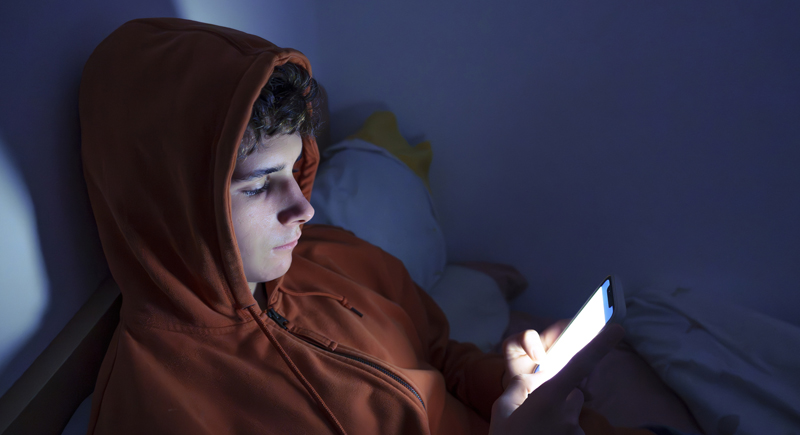
Credit: iStockphoto
A noticeable decrease in calls, texts, or social invitations, whether initiated or received, could signify the onset of social isolation. Studies, such as one published in the journal “PLOS One,” have established a correlation between social isolation and a reduction in the size of one’s social network. So, occasionally check in on that friend or family member and see how they’re doing.
Reduced Interest in Activities

Credit: flickr
Have you ever lost passion for something you’ve always loved doing? Well, that could be another red flag of isolation. Hobbies or activities that once brought joy may lose their allure, serving as a potential indicator of social withdrawal. Brigham Young University’s research underscores how social isolation can dampen motivation and lead to diminished engagement in pleasurable activities.
Neglecting Personal Appearance
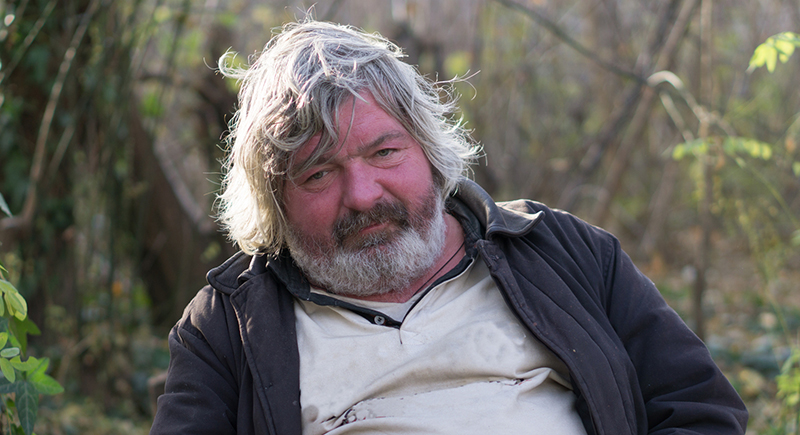
Credit: iStockphoto
Studies, such as those in the Journal of Health Psychology, show a correlation between loneliness and neglecting personal hygiene. Neglecting personal grooming and disorderly living space can signal withdrawal from social engagement. Self-care is a way of life, so don’t set it aside.
Changes in Sleep Patterns

Credit: iStockphoto
We now move forward to the topic of disrupted sleep patterns. It is characterized by insomnia or excessive daytime drowsiness, which could indicate loneliness. A “Psychosomatic Medicine” study has associated social isolation with sleep disturbances, emphasizing its impact on overall well-being.
Unhealthy Eating Habits

Credit: pexels
Alterations in eating habits, such as irregular meals or reliance on convenience foods, can also indicate someone is spending too much time in isolation. Meta-analyses, like one featured in “Perspectives on Psychological Science,” have highlighted the association between loneliness and unhealthy dietary behaviors.
Increased Reliance on Technology
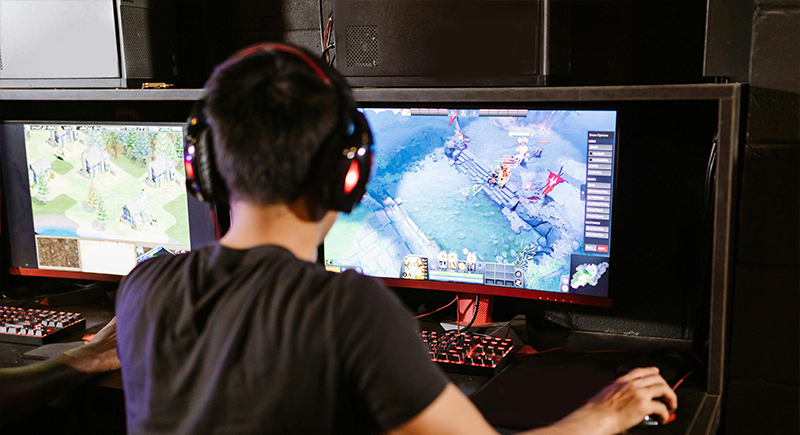
Credit: pexels
Sure, technology can be a passage to connections, but excessive dependence on social media validation or online interactions may signal underlying social isolation. Over-reliance on digital platforms can sometimes substitute for meaningful face-to-face relationships.
Neglecting Medical Care

Credit: pexels
Taking care of yourself might slip down the priority list when you feel isolated. Missing medical check-ups or forgetting to take your meds can happen when you’re not feeling connected. It’s a clear sign that social isolation isn’t just about feeling lonely—it can mess with your health, too. That’s why tackling loneliness isn’t just about making friends; it’s about looking after yourself from head to toe.
Difficulty Concentrating

Credit: pexels
Ever feel like your brain’s just not firing on all cylinders? Well, social isolation might be the culprit. According to a study in “Neuropsychopharmacology,” being cut off from social interactions can mess with your cognitive skills. So, if you find it hard to focus or stay on task, it might be time to reach out and reconnect with the world around you. Your brain will thank you for it!
Feeling on Edge or Irritable

Credit: pexels
If someone is feeling touchy lately, it could be because of social isolation. When you’re cut off from others, every little thing might set you off. Loneliness cranks up those emotional reactions, leaving you feeling more on edge than usual. For those finding themselves snapping at the smallest stuff, it might be time to reach out and reconnect.
Loss of Interest in Intimacy

Credit: pexels
When you’re feeling alone, your love life might also take a hit. Social isolation can put a damper on your desire for romance and intimacy. It’s like you just don’t have the energy or interest anymore. But don’t worry, it’s not you—it’s the loneliness talking. Reconnecting with others can reignite that spark and remind you what you’ve been missing out on.
Conversations Feel Strained

Credit: pexels
Awkward silences or struggling to keep a conversation going might signal that you’re pulling away from social interactions. These communication hiccups are like neon signs pointing to possible social isolation. Don’t sweat it, though—reconnecting with others and practicing those social skills can help break through those awkward moments.
Preoccupation with Negative Thoughts

Credit: pexels
When you’re feeling lonely, it’s easy to get stuck in a loop of negative thoughts. Brooding over all the bad stuff can become a habit, feeding into that sense of isolation. Studies in “Clinical Psychological Science” have shown that when you’re cut off from social connections, you’re more likely to dwell on the negatives. However, recognizing this pattern is the first step in breaking free from the loneliness cycle.
Increased Alcohol or Drug Use
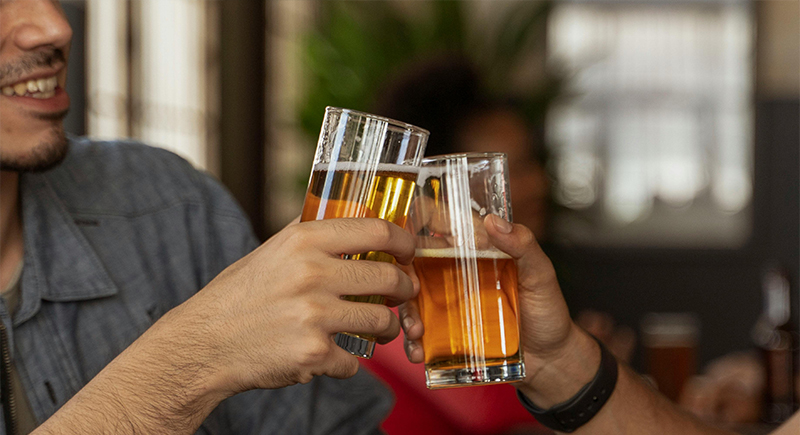
Credit: pexels
Turning to alcohol or drugs to numb the loneliness is a common go-to for many folks feeling cut off from the world. Sure, it might offer a quick escape, but in the long run, it only makes things worse. Dependence on substances can deepen that sense of isolation and bring a whole new set of health problems to the table. Reach out for some real human connection, instead—it’s a much healthier way to cope.
Feeling Like a Burden
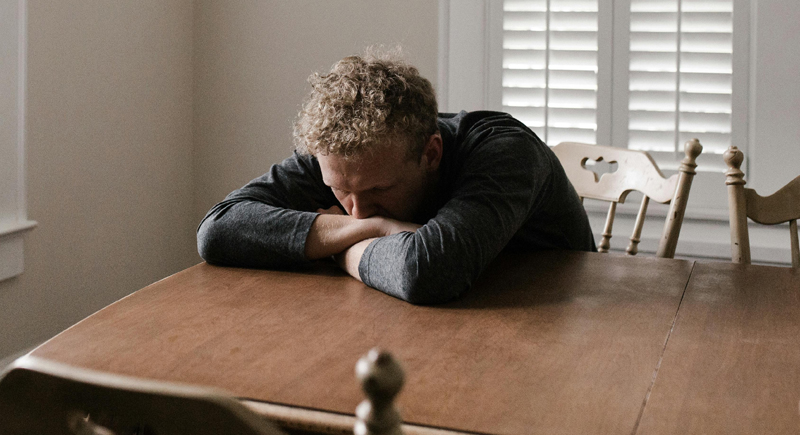
Credit: pexels
It’s a familiar feeling when you’re deep in the throes of social isolation and depression. Thinking you’re not worth anyone’s time can make that loneliness even more unbearable. But here’s the thing: you’re not alone in feeling this way. Recognizing these thoughts for what they are is the first step in breaking free from the grip of loneliness.
Suicidal Ideation
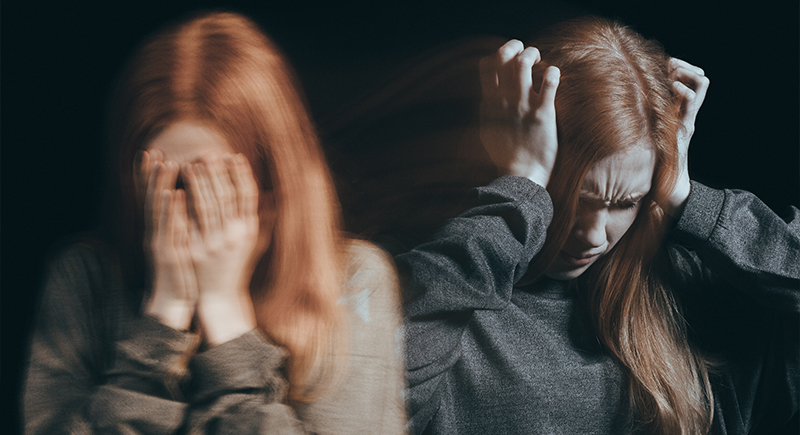
Credit: iStockphoto
When loneliness reaches its breaking point, it can lead to some dark thoughts. Feeling hopeless and considering self-harm is a scary place to be. But here’s the thing: you’re not alone, and help is always available. If you’re in crisis, don’t hesitate to reach out for support. The National Suicide Prevention Lifeline is there for you 24/7 at 988, offering confidential assistance to anyone in need.